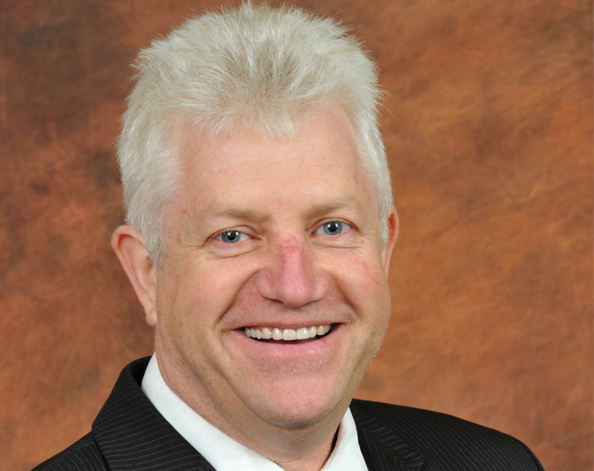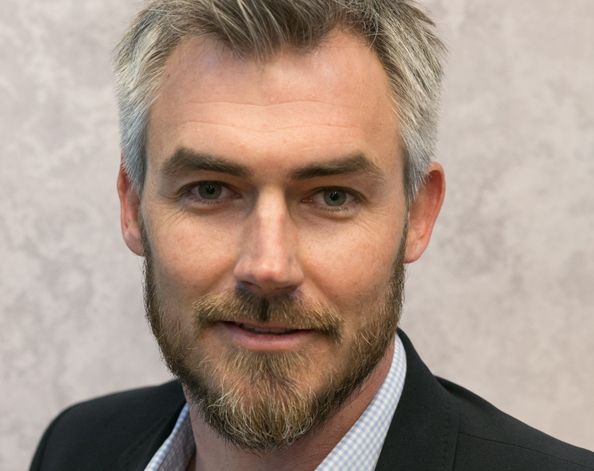Western Cape Premier Alan Winde has been at the centre of the province’s campaign to mitigate the impact of the Covid-19 pandemic. The Western Cape government has also been working with Wesgro, the tourism, trade and investment promotion agency for Cape Town and the Western Cape, to position the region’s economy for a post-Covid-19 world.
Alan and Tim joined Investec Wealth & Investment's Chief Investment Strategist, Chris Holdsworth, for an interview on the economic impact of Covid-19 and their future strategy for growth.
Here we go through some of the key take-outs of the interview:
“More Table Mountain than Lion’s Head”
According to Winde, the peak of infections is likely to be not as high as previously thought, though the peak could well last a bit longer.
“I equate it to being not a Lion's Head up and down, but more like a Table Mountain up, flat and then down on the other side,” he explained.
“We just don't know how long the top of that table top is. But the good news is that it means we have a health response that can deal with this pandemic. We really focused on testing and zooming in on hot spots to find out who was infected.”

We've got to not just remove red tape, we've got to make sure that for anybody who wants to get something going that we smooth that way to allow those businesses to get up and running.
On the damage so far to the Western Cape economy
Harris explained that the Western Cape has a “built-in resilience”, thanks to industries like agriculture and business services.
“People associate us with our strong international tourism performance in recent years and obviously the international tourism market is super important for the Cape. However, if you look at the structure of our outputs as a provincial economy, we're now around 70% business services – these are the businesses most able to pivot and deal with the impact of working remotely,” he pointed out.
“And in agriculture, there's been a remarkable resilience in exports through this crisis, so I think the agricultural sector has performed probably better than many of us thought over the last few weeks.”

The challenge for us is how to build off the resilient parts of our economy and to build resilience in those areas that are more vulnerable and make sure that we're positioned for a strong recovery when markets open up.
Harris said the latest projections are looking at provincial output declining by just over 13.5% this year but with a bounce-back to just under 10% next year. The associated employment loss for the Western Cape is estimated at about 10% loss this year but again rebounding at about 7.5% in 2021.
“The challenge for us is how to build off the resilient parts of our economy and to build resilience in those areas that are more vulnerable and make sure that we're positioned for a strong recovery when markets open up.”
On creating a pro-business growth ecosystem
“We've got to not just remove red tape; we've got to make sure that for anybody who wants to get something going that we smooth that way to allow those businesses to get up and running,” said Winde.
A new vision of 2020
A snapshot of the year that was and why it has helped us rediscover our humanity.
Sectors that are likely to drive growth and employment in the Western Cape
Harris said tech and business process outsourcing (BPO) were sectors that could benefit from the “new normal”. “There are new business models emerging because of consumers and companies going online and many of the hundreds of companies we have in the digital ecosystem around the Cape Town and Stellenbosch nexus have been able to turn the crisis into an opportunity,” he said.
“Companies around the world looking at the digital transition and the need to service companies’ customers remotely will see the Western Cape presenting a very competitive and high-quality offer in that space.”
Harris added that manufacturing, particularly in food and beverages, was another growth area. “People don't realise the huge competitiveness we have here in the Cape at a global level in our food and beverage industry. We are responsible as a province for about 50% of South Africa's agricultural exports,” he pointed out.
“The agri-tech space is going to be a really hot sector to watch in the next few months,” he added. Finally, he pointed to the green economy. “Climate change is something that needs to be tackled seriously and that's where it's very useful that we've got probably Africa's leading green economy hub here in the Cape, another sector that’s really positioned for growth through and after Covid-19.”
Trust us to manage your wealth today
On reducing the reliance on central government for infrastructure like electricity and water
“As a province we are further than any other province when it comes to sustainable energy models, but the sheer volume or size of an Eskom versus what is needed – there's a massive gap between the two,” said Winde. “Municipalities are now also picking up that slack now that it’s been announced municipalities can look at own generation.”
Water was more complex, said Winde. “The big water infrastructure is owned by national government (the big dams) and we really are not getting anywhere fast, given that now is the time that we should be investing in that kind of infrastructure.”
“We don't have a drought at the moment, but we know that it's going to come at us again as we see growth in the economy, specifically growth in agriculture. So we need to be able to get those water licenses in a more efficient way.”
About the author

Patrick Lawlor
Editor
Patrick writes and edits content for Investec Wealth & Investment, and Corporate and Institutional Banking, including editing the Daily View, Monthly View, and One Magazine - an online publication for Investec's Wealth clients. Patrick was a financial journalist for many years for publications such as Financial Mail, Finweek, and Business Report. He holds a BA and a PDM (Bus.Admin.) both from Wits University.
Please refer to the W&I Webinar Disclaimer and Data Protection Notice for the terms and conditions governing W&I webinars.
Get Focus insights straight to your inbox




